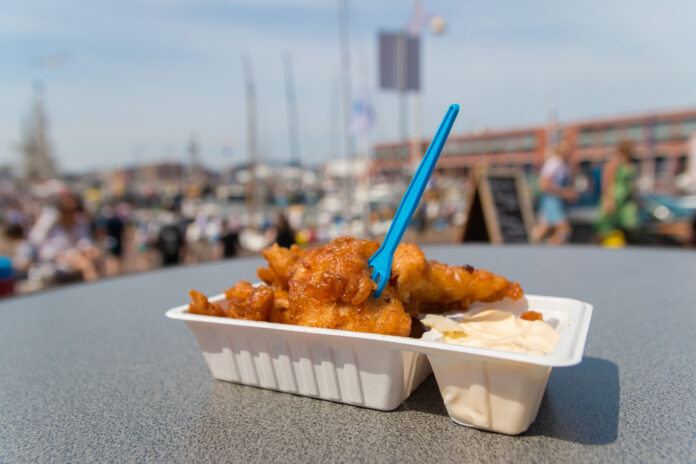What do we want? to end plastic pollution! When do we want it? Yesterday!
Well, the Dutch government has one-upped us because they just banned (almost) all single-use plastic two days ago. Namely, producers and importers in the Netherlands are no longer allowed to market products made of single-use plastics since July 3.
READ MORE | Higher minimum wage and no more alcohol discounts: latest changes to Dutch law from July 1
Part of the EU Single-Use Plastics (SUP) guidelines
Though the Netherlands has been first with many things, they’re not alone in the ban on single-use plastics. The new law is part of the EU’s SUP guidelines that were adopted back in June 2019.
Aside from reducing plastic pollution (especially in our oceans), the aim of the new SUP guidelines is to mitigate the impact of plastic “on human health, as well as to promote the transition to a circular economy with innovative and sustainable business models, products and materials.”
According to the EU directive, member states had to put measures into effect by July 3. These should prevent the circulation of certain single-use plastic products in the EU market.
Which plastics are banned?
A lot, but not all single-use plastics are illegal to produce, import, and sell. The single-use plastic ban applies to the following:
- Products made of oxo degradable synthetics
- Balloon rods (except for professional uses)
- Cotton tips (except for use in the medical industry)
- Polysterene foam food containers and drink containers, as well as cups
- Straws (except if they’re for medical use)
- Stirrers
- Cutlery
- Plates
How will it be replaced?
Preferably reusable products should be the alternative. However, for many fast-food places, paper, wood, or other natural materials without additives or chemical modifications are the name of the game from now on!
Bamboo and metal are also popular, but more expensive alternatives — so don’t expect to receive a metal spoon with your McFlurry. 😉 (For anyone interested, McDonald’s has mainly switched to cardboard and wood alternatives.)
But I was given a plastic fork for my “friet” yesterday!
Yes, that could be. While the ban went into effect Saturday, producers, catering, shops, etc. are allowed to sell or use up their existing stock. (We’re trying to reduce waste after all.)
This means it might take a while before the usage of single-use plastic is completely phased out. Until then, you can still get a plastic fork, straw, or plate when satisfying your late-night cravings at your favourite snackbar.
Better labelling
Those single-use plastic products that aren’t banned will, from now on, be labelled so consumers know that they contain plastics. The labelling will also show how to responsibly dispose of the product and the negative effects for the environment of not doing so.
The first of many steps
That’s right. The current ban is only the beginning of a three-year-long plan to combat plastic pollution. 💪
The next phase includes an initiative called extended producer responsibility laws (EPR). This include producers “contributing to the collection of waste and the clearing up of litter.” While the Dutch government isn’t clear on how this will look in practice, the first phase of ERP laws is going into effect in January 2023.
What do you think of the single-use plastic ban? Have you already noticed it? Tell us in the comments below!
Feature Image: [email protected]/Depositphotos

I am all for combating littering (should be punishable with a minimum Six Months in prison; no parole or alternative sentence) but banning Plastic or any like product is tyrannical. Punish, harshly those who litter but not at the expense of those of us who are responsible.
I’m glad that the government made an action because I can see plastics everywhere. It will be great if they also put value on the cans and plactics like soda and beers so people will encourage to collect or sell the cans. So sad to see they just throw it away anywhere because there’s no value. Hope you companies and government also act about this. Thank you.
Lenalyn Gumilab